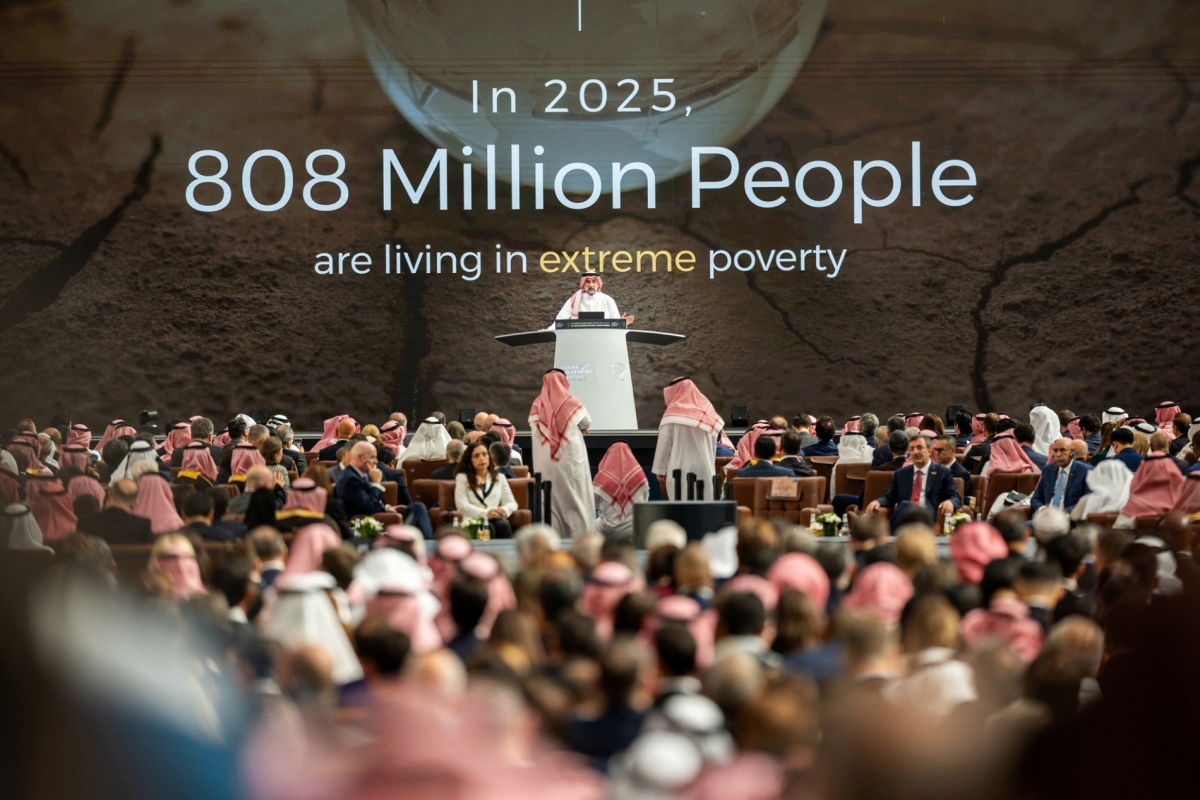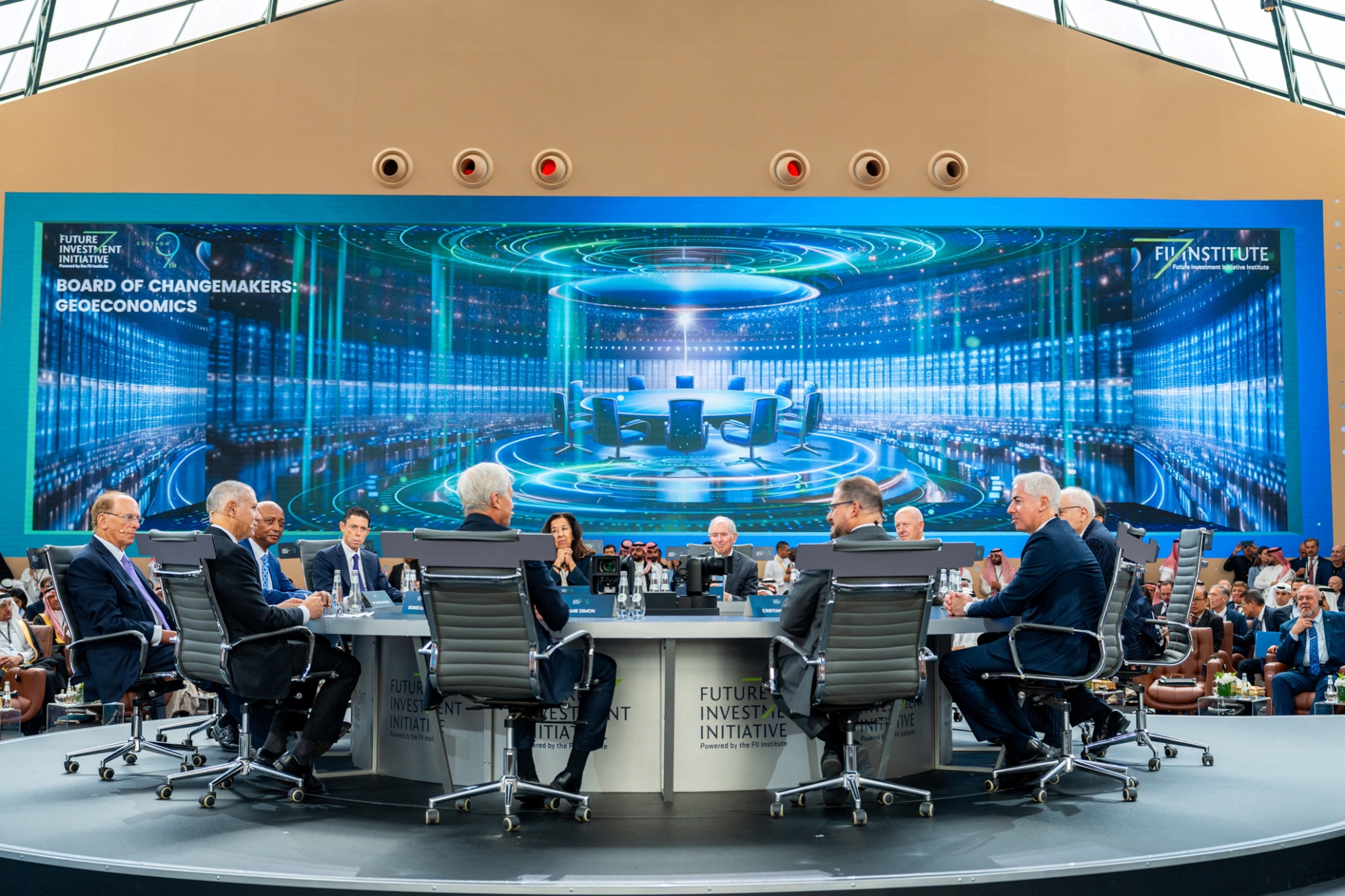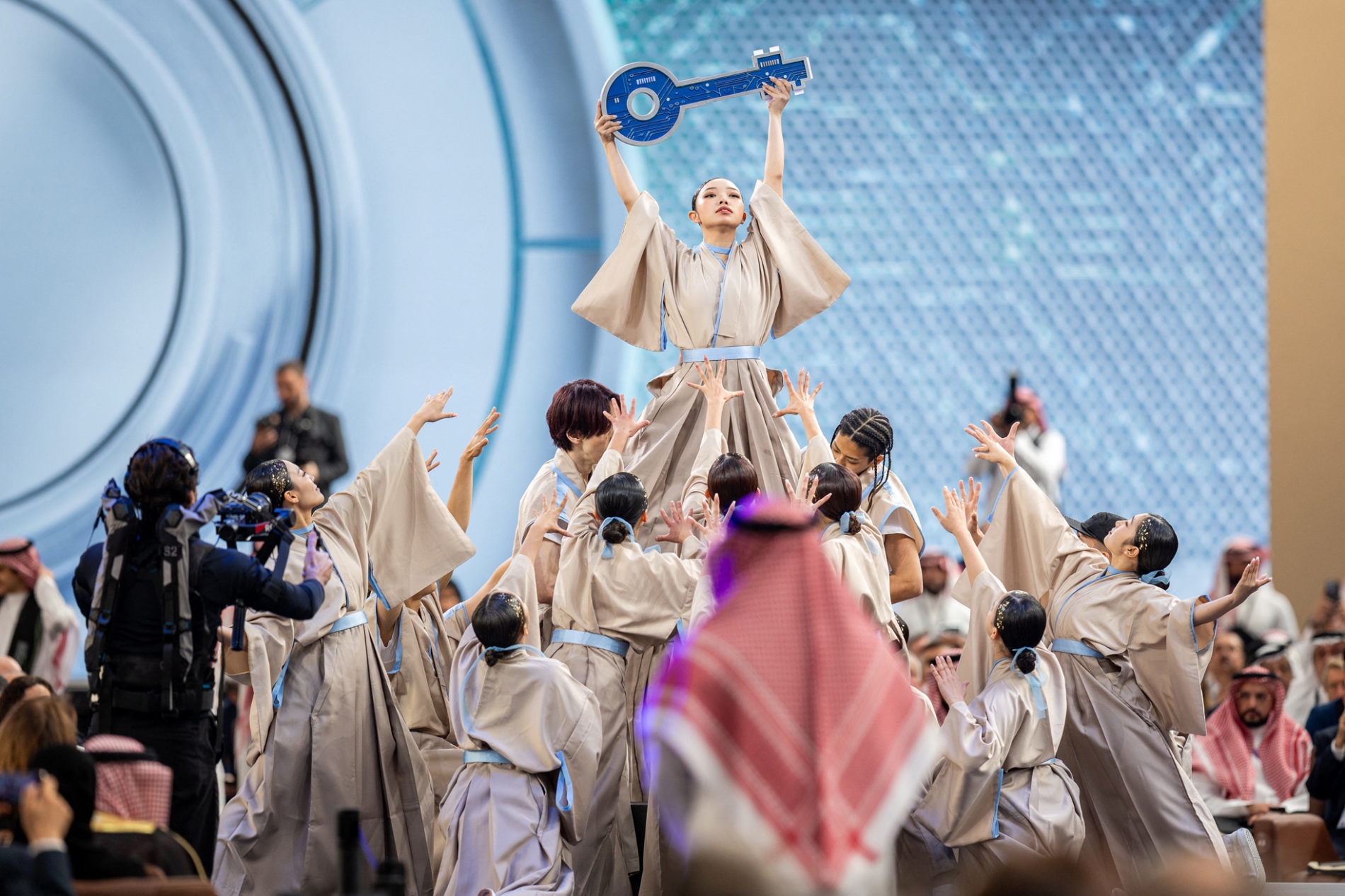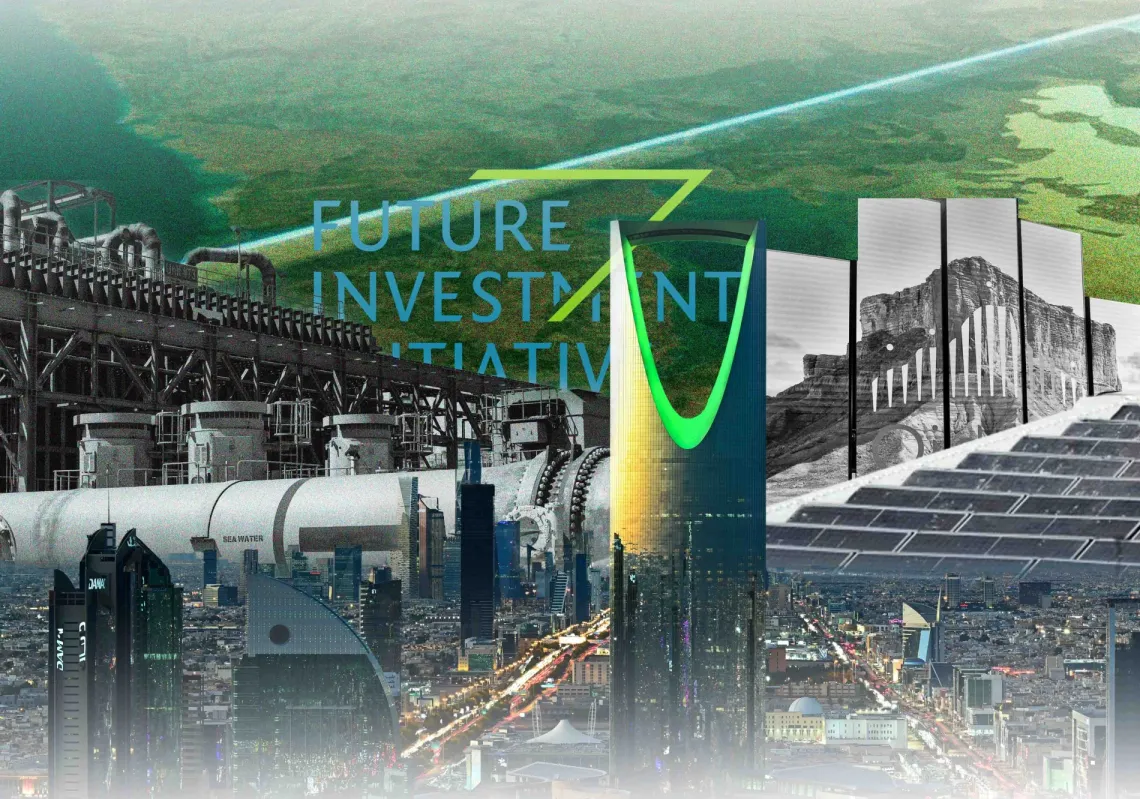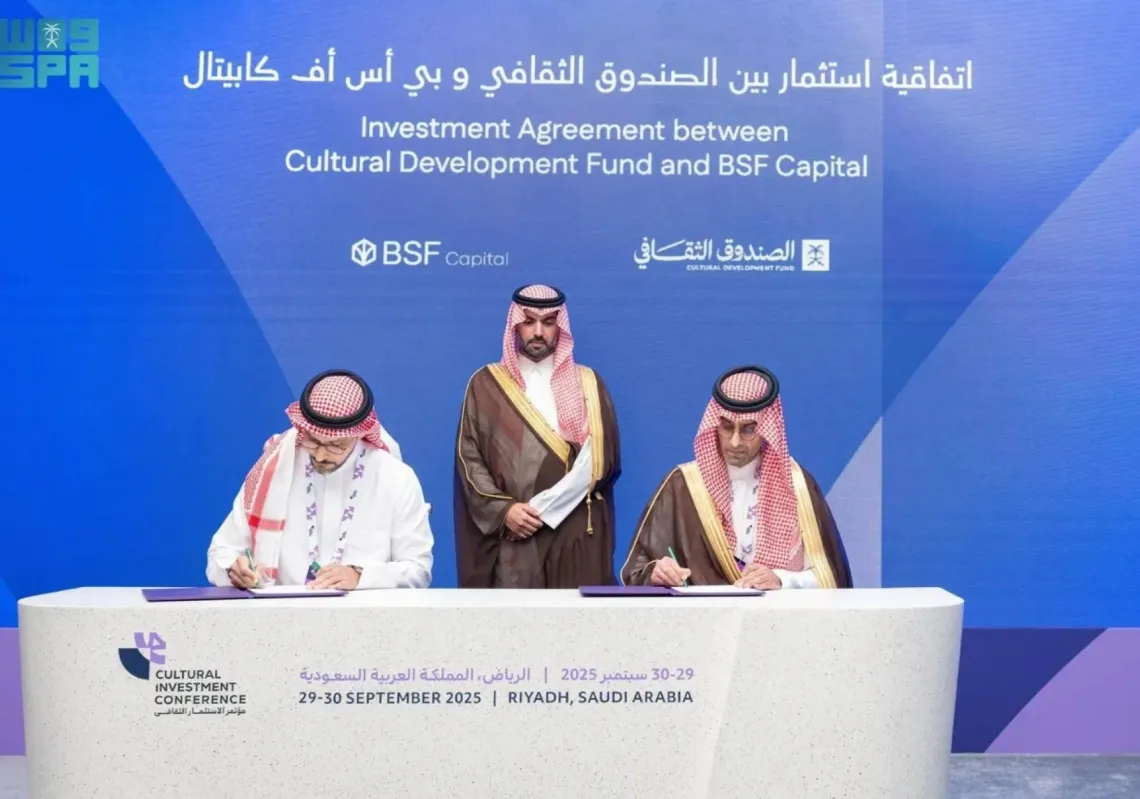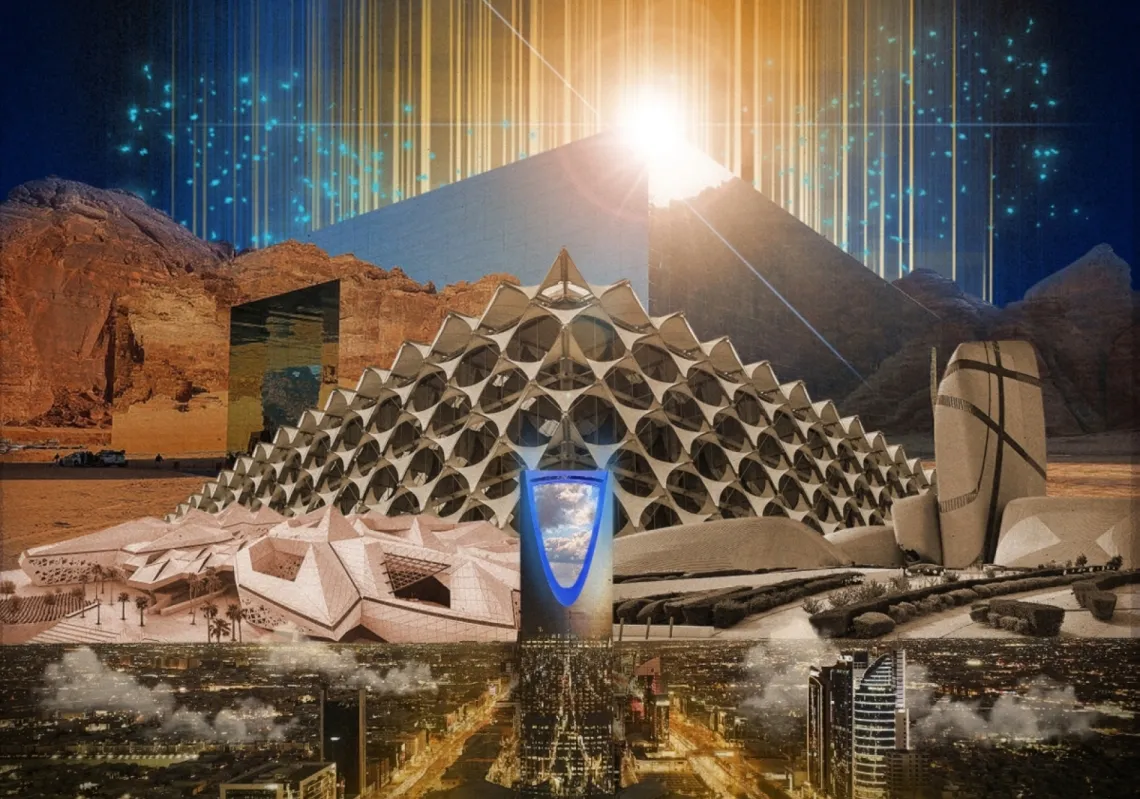The Riyadh-based Future Investment Initiative (FII) has evolved beyond its role as a political and economic forum to become a geo-economic platform redefining the vision for the Middle East—one that prioritises peace, human development, investment in people, and sustainable prosperity. It marks a clear departure from approaches rooted in security-driven dominance and destructive political bargaining.
No longer merely a platform for signing major deals, the FII has evolved into a global laboratory for launching initiatives that transcend figures, aiming to empower communities and establish a sustainable development model and a new economy grounded in knowledge, innovation, and AI. It promotes a forward-looking vision of development—one that introduces an advanced economic concept based on the parallel advancement of humanity and technology, where the investment vision aligns with human values and the creation of the future.
This shift was clearly reflected in the announcements marking the official opening of the forum’s ninth edition (FII9) in Riyadh on 27 October. In recent months, the fundamental conflict over how to define the region’s future has resurfaced—between the Israeli far right’s vision of a Middle East built on military dominance and the erasure of core issues in pursuit of unilateral ‘security,’ and competing regional and international proposals for economic peace divorced from political justice, particularly those advanced by the US.
In contrast, the FII presents Saudi Arabia’s Vision 2030 as a third model, one that links states capable of building peace with the imperative to invest in people and safeguard their economic, health, and security needs.
Through the initiative, efforts are underway to redraw the map of global economic influence, positioning Riyadh not merely as the world’s energy capital, but as a global geo-economic hub and a testing ground for a ‘new globalisation’ founded on capability, advanced technology, and cross-regional partnerships that transcend traditional political blocs.
During FII9's opening session, Yasir Al-Rumayyan, governor of the country's Public Investment Fund (PIF), revealed that deals concluded during previous editions have totalled approximately $250bn—an unmistakable sign of growing global confidence in Saudi Arabia's investment climate.


